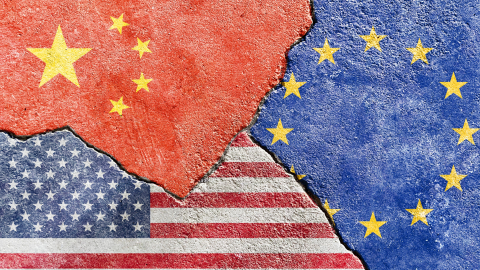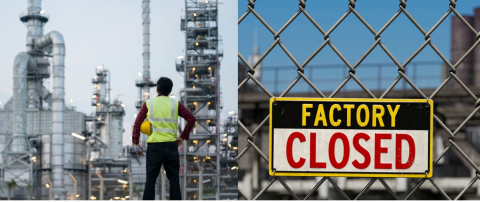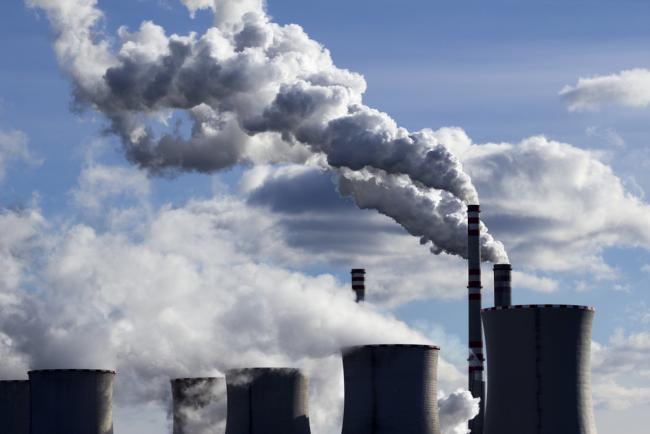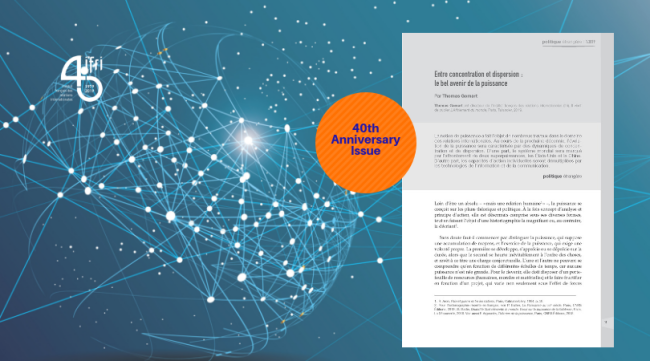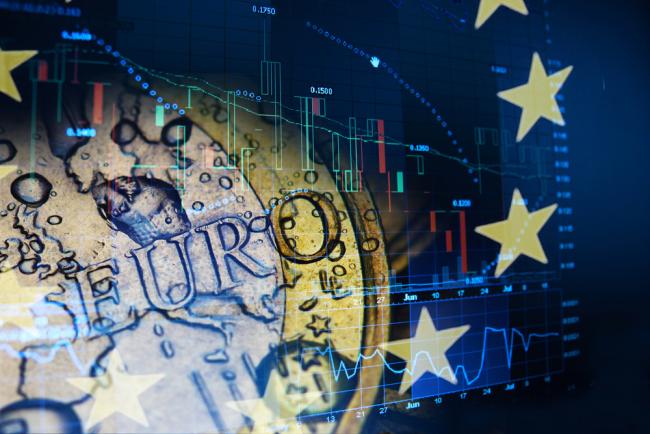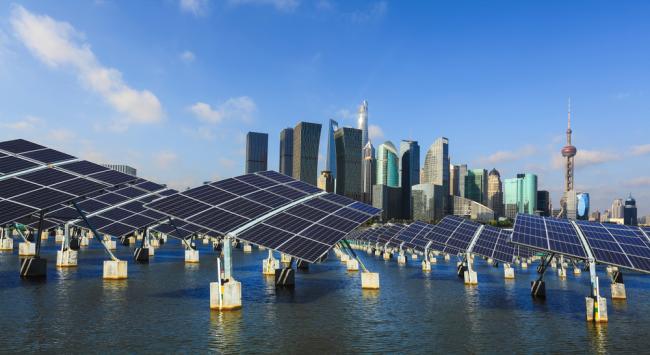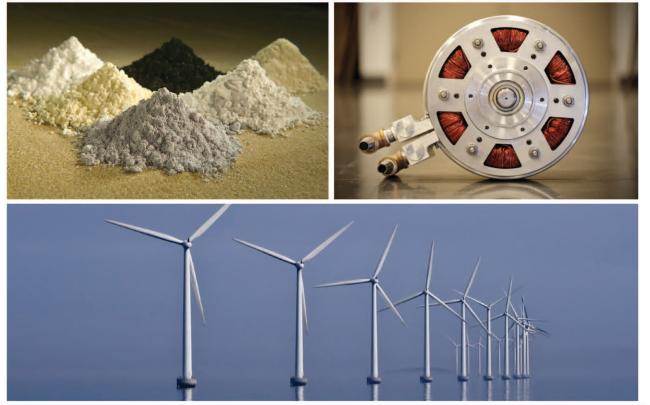Carbon Capture, Storage and Utilization to the Rescue of Coal? Global Perspectives and Focus on China and the United States
In most of the pathways that limit global warming to 1.5°C, capture of CO2 from fossil-fuel or biomass-based installations and its long-term geological storage (carbon capture and storage - CCS and bio-energy with carbon capture and storage - BECCS) plays a crucial role.
Seven Years of The 16+1: An Assessment of China’s ‘Multilateral Bilateralism’ in Central Europe
Since mid-2012, in the wake of the global financial crisis, China has sought to reinvigorate relations with Central and Eastern Europe (CEE), notably through the creation of the 16+1 formula.
France and China's Belt and Road Initiative
Under President Macron, France has staked out a positive but principled position towards China's BRI.

2019-2029: The World in 10 Years
The last four decades have witnessed the profound transformation of the very foundations of the international system: the globalization of trade, technical revolutions, the upheaval of the hierarchy of powers, the emergence of China, the explosion of the Middle-East, the mutation of conflicts and threats, climate concerns, etc.
Between Concentration and Dispersion: A Promising Future for Power Relations
The notion of power has long been a topic of study in international relations. In the coming decade, the evolution of power will be characterized by the dynamics of concentration and dispersion.
Trump's trade policy: pushing back against China
Although not akin to the protectionist policies practiced by the United States through the 1930s, the trade war launched by the Trump administration since early 2018 challenges the principles and institutions of free trade.
Will the EU Let Itself Be Bought ? New Framework for Foreign Direct Investments in Europe
In 2016, Chinese foreign direct investment (FDI) inflows into the European Union (UE) reached a record high, in contrast to the steady decline in FDI flows from the EU to China. Beijing is looking for markets and strategic assets and particularly targets advanced technologies in major European economies, deploying an aggressive and sometimes opaque strategy.
Going Green: Are Chinese Cities Planting the Seeds for Sustainable Energy Systems?
The Global Climate Action Summit held in September 2018 in California has highlighted the importance of cities for promoting clean energy solutions and for combatting climate change. While energy policies in most countries depend primarily on national governments, cities have the possibility to develop and implement innovative solutions and ambitious policies. Chinese cities should be at the core of these developments, as they are confronted with many energy and climate challenges, often at an unprecedented scale: notably air quality, traffic congestion, energy security and massive consumption of building materials. For instance, outdoor air pollution in China has reportedly caused 1 million premature deaths in 2016, and in 2014 only 8 out of 74 Chinese cities would meet the national standards in terms of air quality.
Rare Earths and China: A Review of Changing Criticality in the New Economy
China’s dominance in the production of rare earth elements symbolizes the competition for once obscure sets of mineral resources in our increasingly digital, low carbon world.
Between Giants: The Sino-Indian Cold War in the Indian Ocean
Strategic competition between India and China in the Indian Ocean is growing and has the potential to profoundly impact the stability and security of the region. The Indian Ocean is becoming the scene of a sustained contest that in some ways resembles strategic competition during the Cold War.
Support independent French research
Ifri, a foundation recognized as being of public utility, relies largely on private donors – companies and individuals – to guarantee its sustainability and intellectual independence. Through their funding, donors help maintain the Institute's position among the world's leading think tanks. By benefiting from an internationally recognized network and expertise, donors refine their understanding of geopolitical risk and its consequences on global politics and the economy. In 2024, Ifri will support more than 70 French and foreign companies and organizations.









